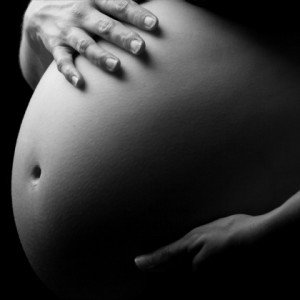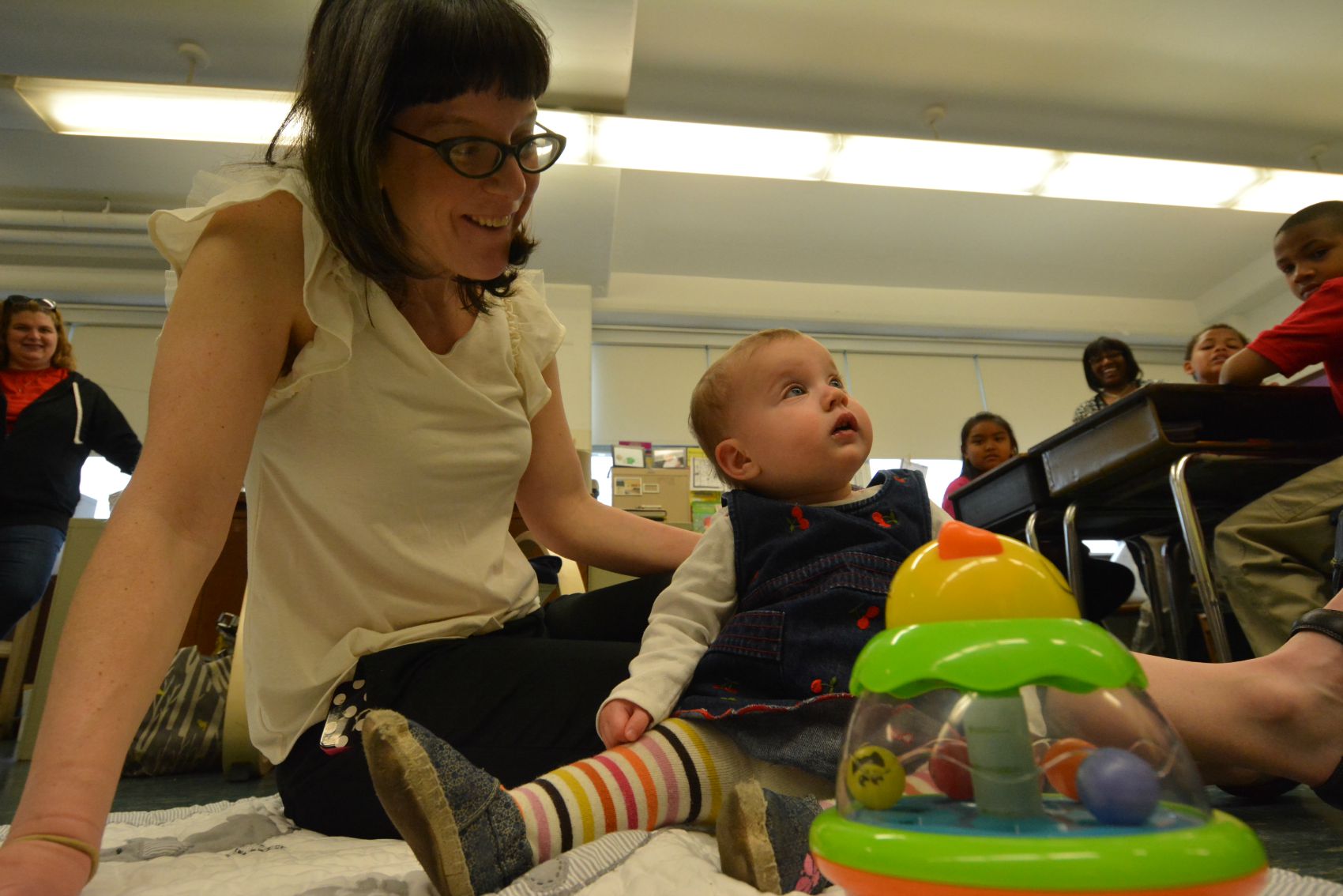
Nearly everyone in the Country has seen the infamous “elevator” tape of Ray Rice delivering the vicious knock-out punch that rendered his wife unconscious.
No matter what your opinion on this one highly sensationalized celebrity incident, there’s no denying the horrific effects of domestic violence on his wife or the more than 10 million other women and men who are abused annually in America.
And while the general public might not know about the life-long effects suffered by millions of children living in homes witnessing these brutal physical and emotional attacks; the results of a groundbreaking study conducted at Michigan State University surprised even seasoned trauma-informed medical and social service intervention professionals.
The Effect of Domestic Violence on the Unborn Child is the first study to draw a link between abuse of pregnant women and the abnormal behaviors exhibited by their children within the first year of life.
The study of 182 mothers ages 18-34 co-authored by Alytia Levendosky, a psychology professor and the director of clinical training in the MSU Department of Psychology, found a surprisingly strong relationship between a mother’s prenatal abuse by a male partner and postnatal trauma symptoms in her child.
Researchers examined the women’s parenting styles and took into account risk factors such as drug use and other negative life events, marital status, age and income.
Levendosky said prenatal abuse could cause changes in the mother’s stress response systems, increasing her levels of the hormone cortisol, “Cortisol is a neurotoxic, so it has damaging effects on the brain when elevated to excessive levels,” and can disrupt the normal development of the growing fetus.
In the last decade, the effects on children from exposure to an abusive parent or domestic violence have been well researched and documented. They include:
Infants
- Developmental delays
- Excessive separation anxiety
- Sleep disturbances
- Failure to thrive syndrome
- May be caught in “crossfire” resulting in physical injury
School-Age Children
- Aggression,
- self-destructiveness,
- problems in school
- Headaches, stomach-aches
- insomnia/sleep disturbance
- Depression
- Anxiety
- bed-wetting
- excessive clinging
Teens:
- Parentification-they may feel responsible for siblings and/or the abused parent
- Low self-esteem
- Poor social skills
- Drug and alcohol use/abuse
- Running away from home
- Criminal activity
- Early and risky sexual activity, pregnancy or early marriage *
Until Levendosky’s groundbreaking study, the impact of Domestic Violence on fetuses has been limited to the mother’s physical state during pregnancy such as:
- Higher risk of miscarriage
- Less access to pre-natal care and family/friends support
- Health risks to mother and fetus due to physical injuries
Levendosky states her findings send a strong message that the violence is affecting the baby even before the child is born. She adds that it’s important for doctors and other medical and social service professionals to monitor expectant mothers for possible domestic violence and to counsel them about potential problems it may cause their children after birth.
Hopefully this study will expose the far too often hidden problem of domestic abuse and its impact – not only on those receiving the actually physical punches but on the children and loved-ones living in the midst of its toxic fallout.
We need to stop placing blame and start finding solutions. The lives of the victims – all of them – depend on it.
If you or a loved one is involved in an abusive relationship the following may be helpful:
The Philadelphia Domestic Violence Toll Free Hotline – 1-866-723-3014
http://www.womenagainstabuse.org/index.php/get-help/PDVH
http://www.corasupport.org/about-domestic-violence/effects-on-children-teens/



